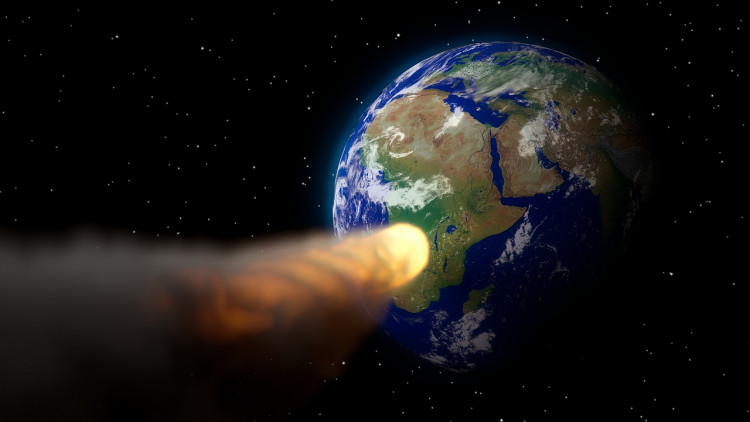The infamous asteroid 99942 Apophis, which will make a close encounter with our planet in 2029, was successfully "rediscovered" in a test of whether asteroid defense systems could detect a potentially hazardous near-Earth asteroid on its closest approach.
The initiative, which involves over 100 scientists from 18 countries, included many asteroid-hunting surveys, which routinely monitor the sky for potentially hazardous asteroids.
All previous data on Apophis was kept inaccessible for this asteroid defense exercise. This meant that during the asteroid's close approach, which began in December 2020 and ended in March 2021, astronomers had to start over.
According to Vishnu Reddy, an associate professor at the University of Arizona's Lunar and Planetary Laboratory who led the campaign, the project "stress-tested the entire planetary defense response chain, from initial detection, to orbit determination, to measuring the asteroid's physical characteristics and even determining if and where it might hit Earth,"
When Apophis was discovered in 2004, it made quite a commotion. The asteroid's orbit was not understood well enough at the time to rule out an impact with Earth in 2029 or 2036.
The B612 Foundation, a non-profit that supports research and technologies for mapping and navigating the solar system, raised awareness of Apophis' possible risk, but more recent orbital calculations have ruled out the probability of an impact anytime soon.
Astronomers were then challenged with repeating the process in order to demonstrate their capacity to promptly identify and assess the risk posed by any future finding of a potentially dangerous asteroid.
Scientists at NASA's Ames Research Center in California improved their estimate of the energy released if Apophis collided with Earth using NEOWISE readings. They predicted that an impact would have 8.5 x 1019 joules of energy, which is comparable to 20 million kilotons of TNT and 10,000 times more intense than the 2013 Chelyabinsk meteor airburst above Russia.
The devastation caused by Apophis would be terrible, but only on a regional basis; it would not be large enough to bring the extinction of human existence on a worldwide scale.
The Minor Planet Center of the International Astronomical Union, which collects all asteroid and comet observations, has enough data to declare the rediscovery of Apophis as a new asteroid on Dec. 23, 2020, but not enough evidence to rule out an impact.
The Planetary Science Journal published two papers outlining the project's findings.






